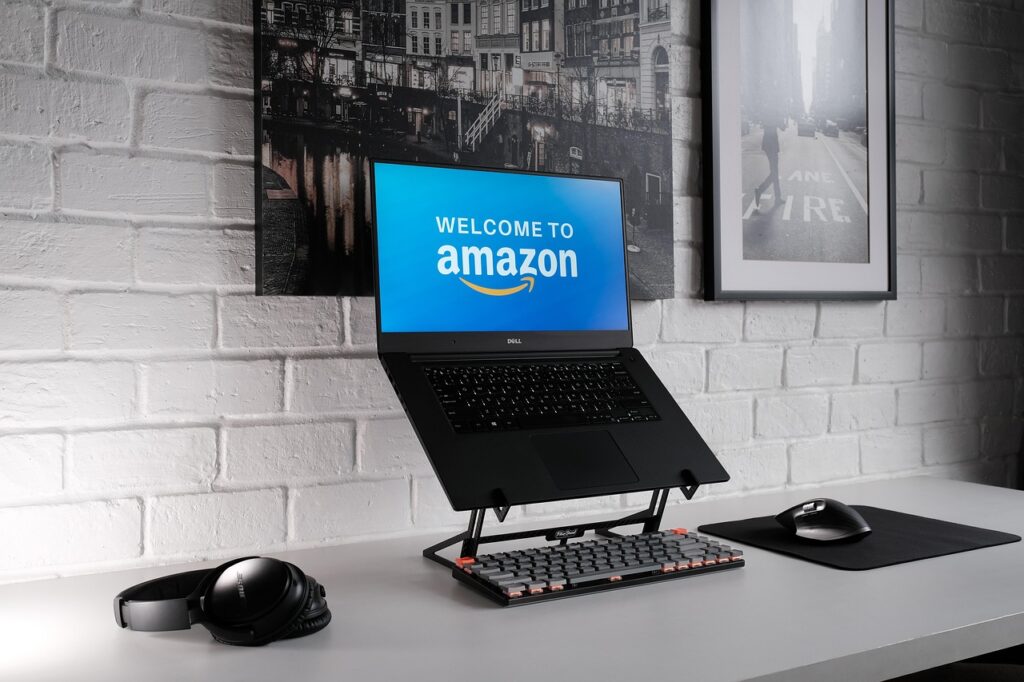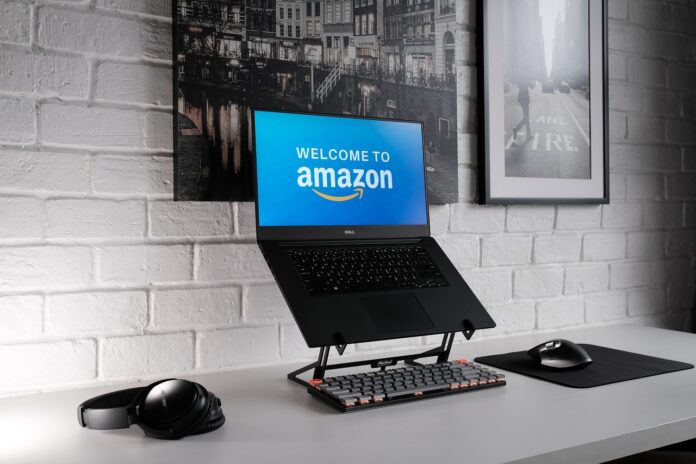
Amazon’s FBA program has revolutionized eCommerce by providing sellers with a streamlined way to store, pack, and ship their products to customers. Under this hands-off fulfillment arrangement, Amazon manages logistics while entrepreneurs concentrate on developing their brand and growing their company.
With over 300 million active customer accounts globally, Amazon presents companies with a competitive platform with unmatched audience access. Though many entrepreneurs start their companies with an eye toward consistent income, few have a clear exit strategy from the outset.
So, if you’ve been wondering, how do I build and sell my Amazon business for maximum profit? From beginning to successfully selling, this article serves as a useful manual guiding businesses across the maze of Amazon FBA. By the end, you will not only know how to achieve success on Amazon but also how to show potential purchasers your company as a desirable asset, guaranteeing a profitable exit route.
Laying the Foundation
Selecting the appropriate niche and products comes first in building a profitable Amazon FBA company. Selecting products with long-term profitability depends on thorough investigation of consumer demand, competition levels, and market trends. High-potential product identification and sales data analysis can be accomplished with tools including Jungle Scout, Helium 10, and AMZScout. To guarantee sustainable profit margins, also take into account elements including product weight, size, and supplier dependability.
Once a product is chosen, sellers must decide on a sourcing method. Private labeling, which involves branding and customizing generic products, often offers higher profits and greater control. Conversely, wholesale and arbitrage models entail buying current branded goods at reduced rates and then reselling them on Amazon. Important first steps in laying a strong basis for long-term success are also creating an Amazon seller account, knowing FBA fees, and guaranteeing adherence to Amazon’s policies.
Building a Strong Brand and Scaling Up
A well-optimized product listing is the key to driving sales and standing out in Amazon’s crowded marketplace. This includes writing compelling product titles and descriptions with relevant keywords, using high-quality images, and highlighting unique selling points. A/B testing different listing variations can help sellers determine what resonates best with customers. Additionally, leveraging Enhanced Brand Content or A+ Content can further improve conversion rates by providing more engaging visuals and detailed product information.
Beyond mere optimization, scaling an Amazon FBA company depends on good marketing plans. Sales can be greatly raised by running Amazon PPC campaigns, applying influencer marketing, and generating external traffic from social media and email marketing. Maintaining first-rate customer service and closely managing reviews also help to establish a strong brand reputation, which is absolutely vital for both long-term development and future saleability.
Maximizing Profitability and Growth
To attract potential buyers and ensure long-term sustainability, an Amazon FBA business must be consistently profitable. Tracking key performance metrics such as profit margins, return on investment, and conversion rates allows sellers to identify areas for improvement. Utilizing accounting software can simplify financial tracking and help optimize pricing strategies.
Maintaining profitability also depends critically on good inventory control. While stockouts can cause lost sales and lower rankings, overstocking ties down capital and raises storage costs. Automated inventory control systems enable sellers to properly control stock levels and project demand. Expanding to foreign Amazon markets or diversifying sales channels—like Shopify or Walmart Marketplace—can help to lower reliance on a single platform and further increase income growth.
Preparing for an Exit
Planning to sell an Amazon FBA business calls for careful preparation. Usually, buyers are interested in companies with consistent income, great branding, and minimal operational complexity. One of the most important steps in increasing business valuation is keeping financial records well-organized and up-to-date. Detailed profit and loss statements, tax filings, and supplier agreements should be readily available for review.
Streamlining operations is another important aspect of making a business attractive to buyers. Reducing dependence on the owner by outsourcing tasks like customer service, inventory management, and advertising can make the transition smoother for a new owner. Additionally, building brand assets, such as a website, social media following, and email list, can further enhance valuation, as these elements contribute to long-term growth potential.

Selling Your FBA Business
When a business is prepared to be sold, the following step involves locating an appropriate buyer. There are many strategies for exiting which include posting the business on a marketplace or directly selling it to a private buyer. Each of these options carries its own positives and negatives regarding valuation, negotiating difficulty and how fast they can finalize the sale.
When discussing a sale, it is important to emphasize the positive aspects of the business. These may include regular income, efficient operations and possibilities for expansion. Buyers will conduct due diligence, examining financial records, supplier relationships, and operational efficiency. Being transparent and prepared for this process will help facilitate a smooth transaction. Once a deal is closed, moving ownership—that is, Amazon Seller Central accounts, supplier contacts, and SOPs—should be carefully managed to guarantee business continuity.
Final Thoughts
Aspiring entrepreneurs who contemplate the Amazon FBA model face an immense opportunity. The eCommerce sector is growing at unheard-of rates, and for people with vision and drive platforms like Amazon create a level field. From startup to exit, the path reflects personal development, learning, and the satisfaction of producing something meaningful rather than only financial benefit. Ready to take the leap? Every great company starts with one step; with the correct attitude, tools, and direction, your Amazon FBA project could be the next great success.





